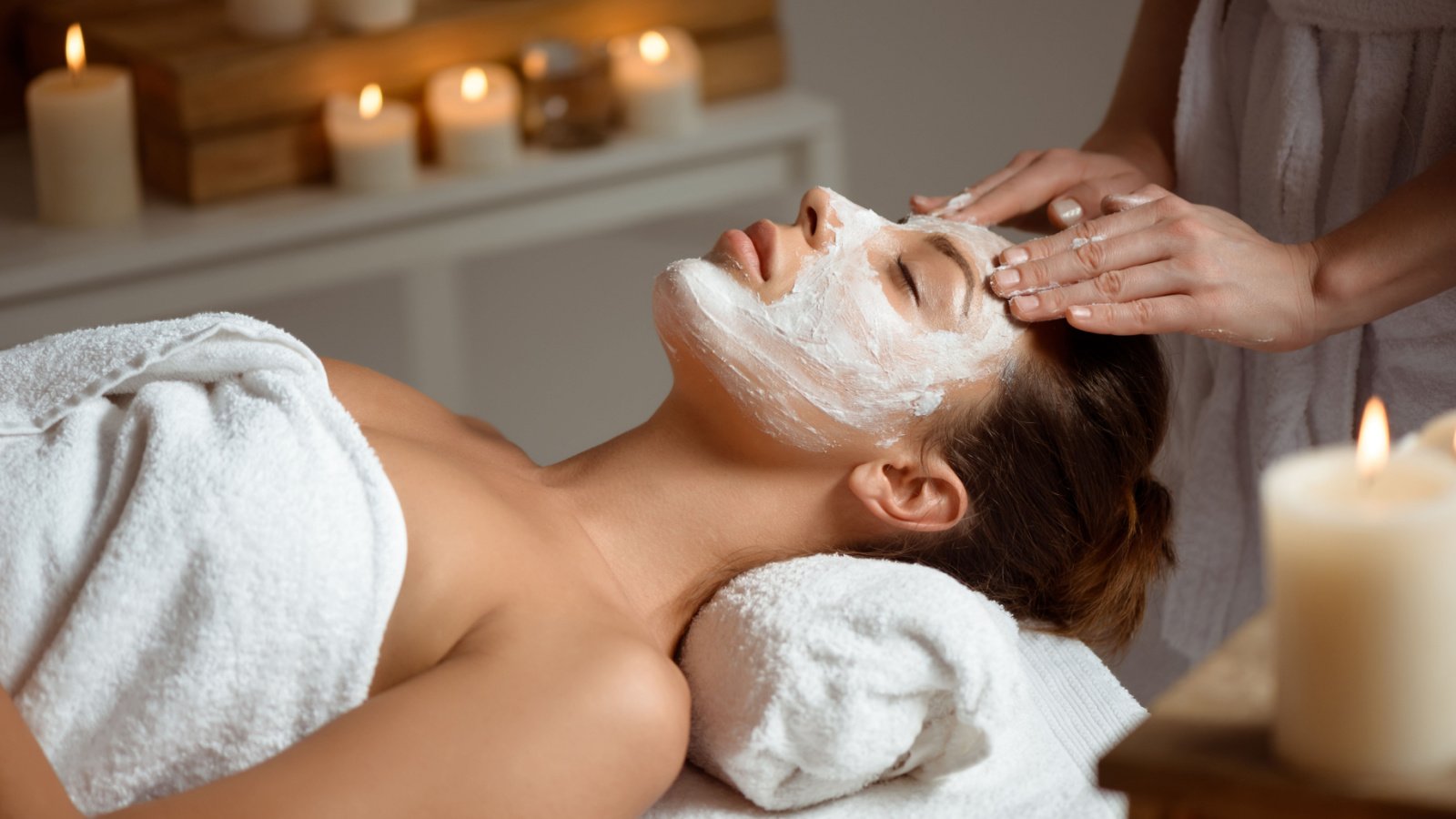The global population is aging, and while many effective strategies exist to make aging easier and more dignified, they are often overshadowed by more immediate healthcare concerns. Let’s explore how we can enhance the quality of life for older adults, giving them the freedom and independence they deserve.
Embrace Technology

Integrating smart technology in homes can drastically simplify daily tasks for the elderly. Voice-activated systems can control lights, temperature, and even locks, reducing the need to move around. This can help maintain independence longer, proving critical in the aging process.
Fitness Programs
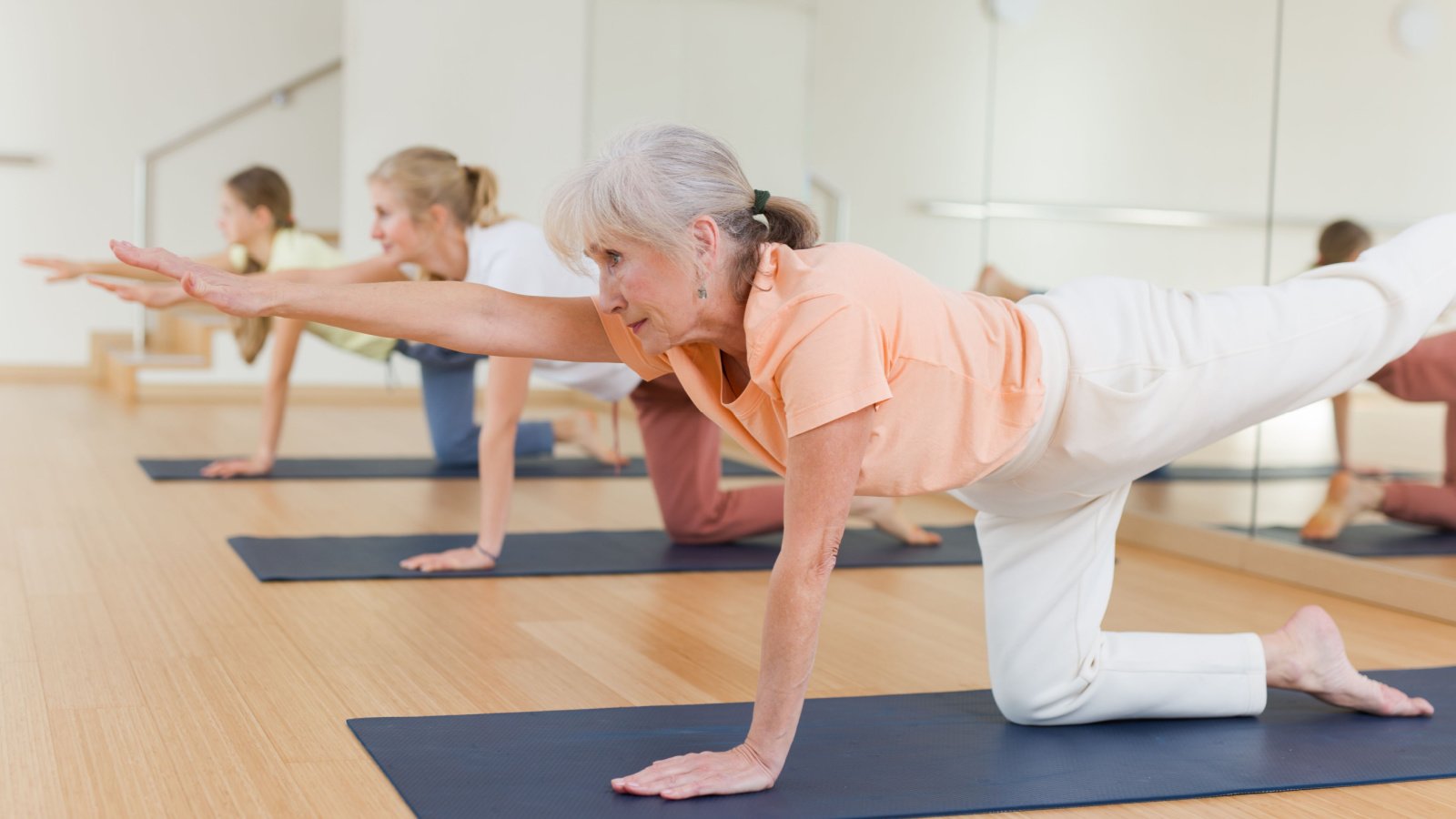
Exercise is vital at any age, but for seniors, it’s about maintaining mobility. Custom exercise routines that focus on balance, strength, and flexibility can prevent falls. Fitness programs like Tai Chi are especially beneficial due to their low impact and high reward in preventing injuries.
Nutritional Guidance

As metabolism slows with age, nutritional needs change dramatically. Dieticians can offer personalized plans that boost energy levels and enhance overall health. Special focus on calcium and vitamin D can prevent bone deterioration and support mental health.
Community Engagement

Isolation can be a significant problem as people age. Organizing regular community activities can keep seniors connected and mentally stimulated. Activities ranging from book clubs to walking groups foster social connections and improve quality of life.
Accessible Transportation
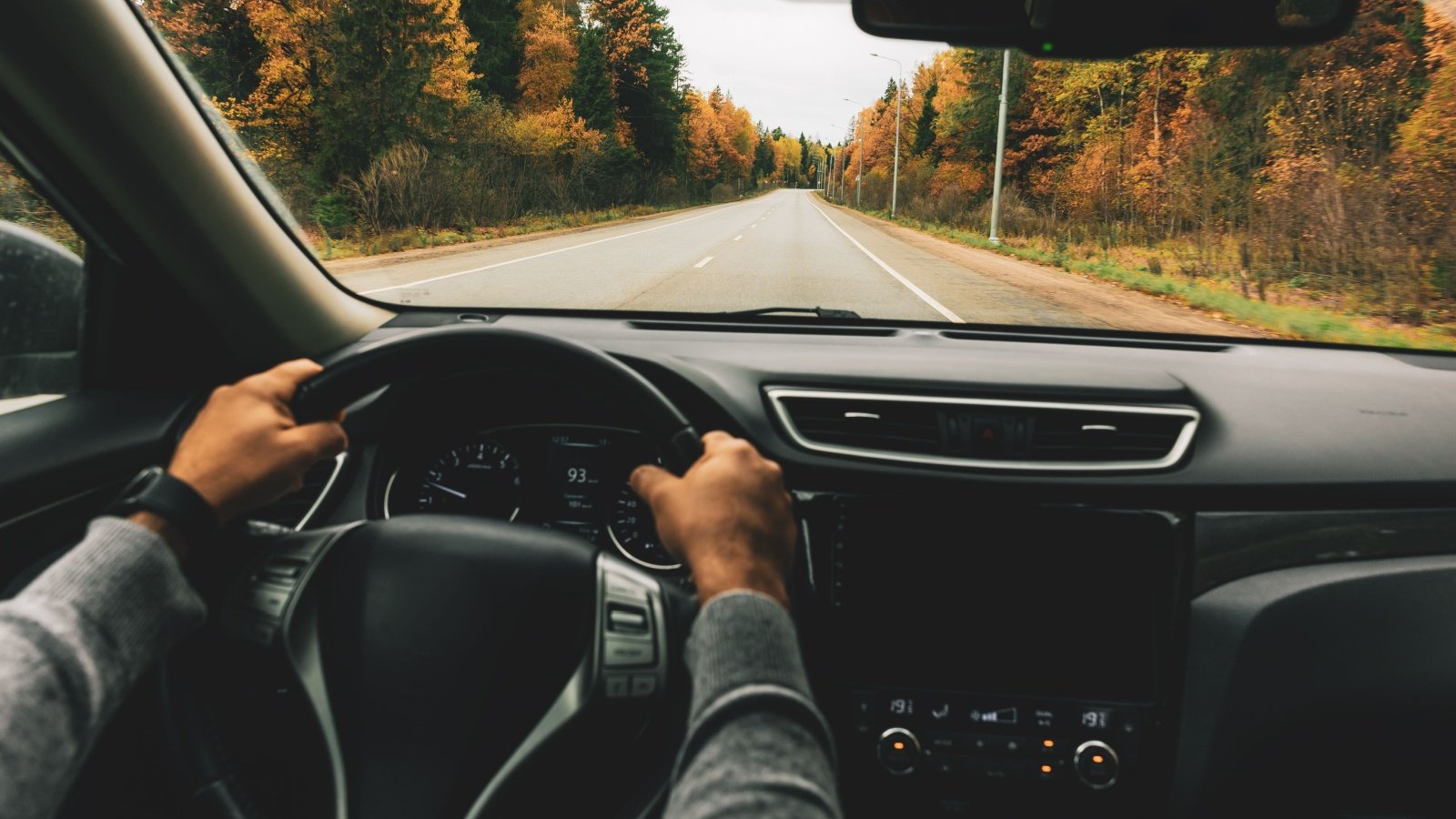
Mobility limitations are a major issue for many elderly individuals. Services like scheduled shuttle buses or discounted taxi programs can provide critical access to healthcare and grocery shopping, ensuring transportation is available and affordable.
Preventative Healthcare

Regular health screenings can catch problems before they become severe. Specialized screenings for conditions like osteoporosis, heart disease, and diabetes can guide early interventions. Proactive management of health reduces long-term complications and healthcare costs.
Smart Clothing

Innovations in clothing can significantly aid the elderly with daily functions. Clothes designed with easy-to-manage fastenings and supportive footwear can enhance mobility and comfort. Additionally, smart fabrics can monitor health metrics and alert caregivers in emergencies.
Mental Health

Mental health often gets less attention in older adults. Providing access to counseling and psychiatric care can help manage symptoms of depression and anxiety. Regular mental health check-ups should be as routine as physical exams.
Medication Management

As the number of prescriptions typically increases with age, managing medication becomes crucial. Automated pill dispensers can ensure the correct dosages are taken at the right times. Such technology can prevent dangerous medication errors and improve health outcomes.
Home Modifications
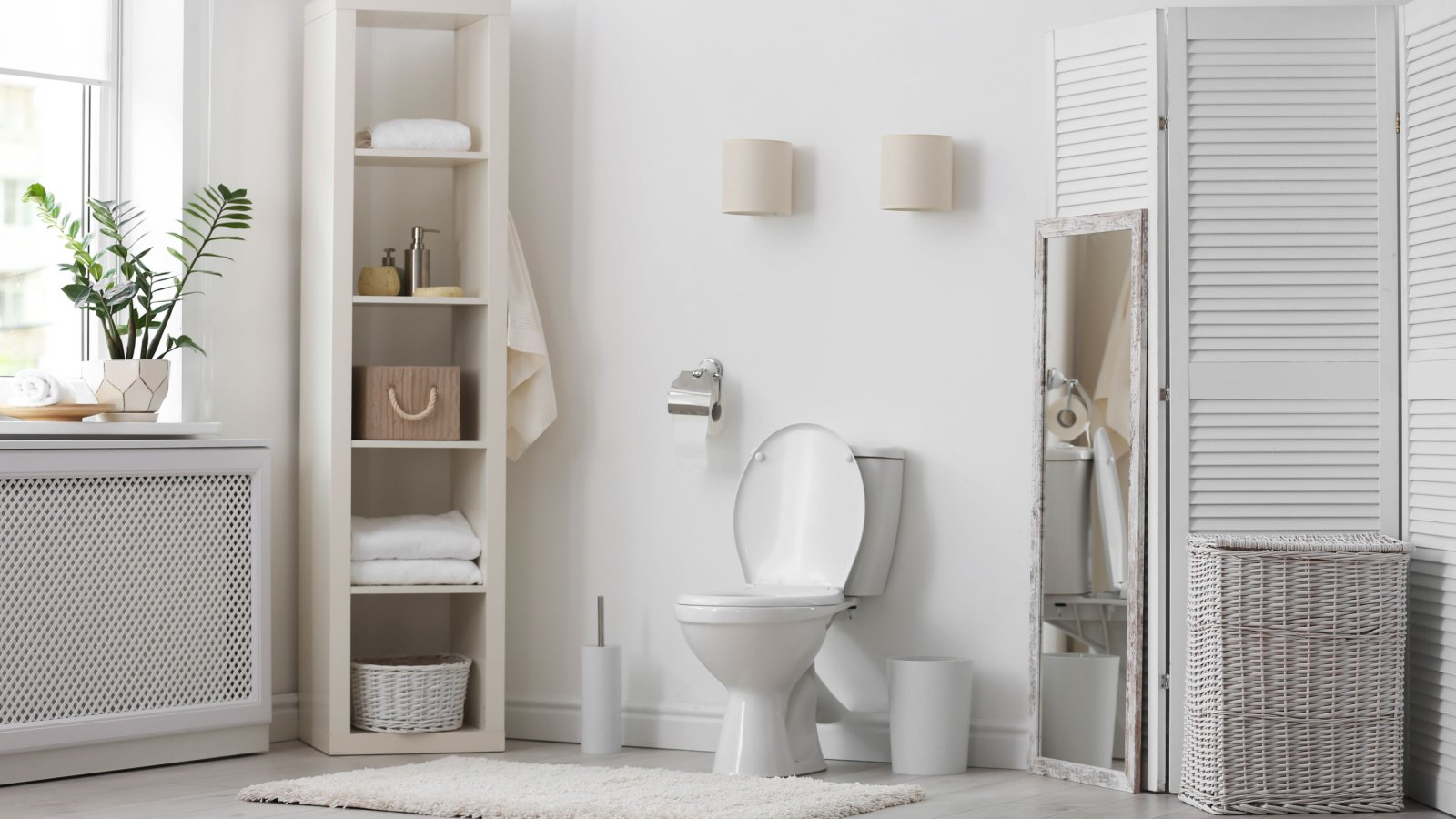
Simple home modifications can make a big difference in daily living. Installing grab bars in bathrooms, ramps instead of stairs, and slip-resistant flooring can prevent falls. These changes allow seniors to navigate their homes safely and independently.
Financial Planning

Many elderly people face financial insecurity as they age. Offering workshops on budgeting, fraud protection, and estate planning can safeguard their finances. Knowledgeable advising is essential to prevent financial abuse and stress.
Sleep Quality
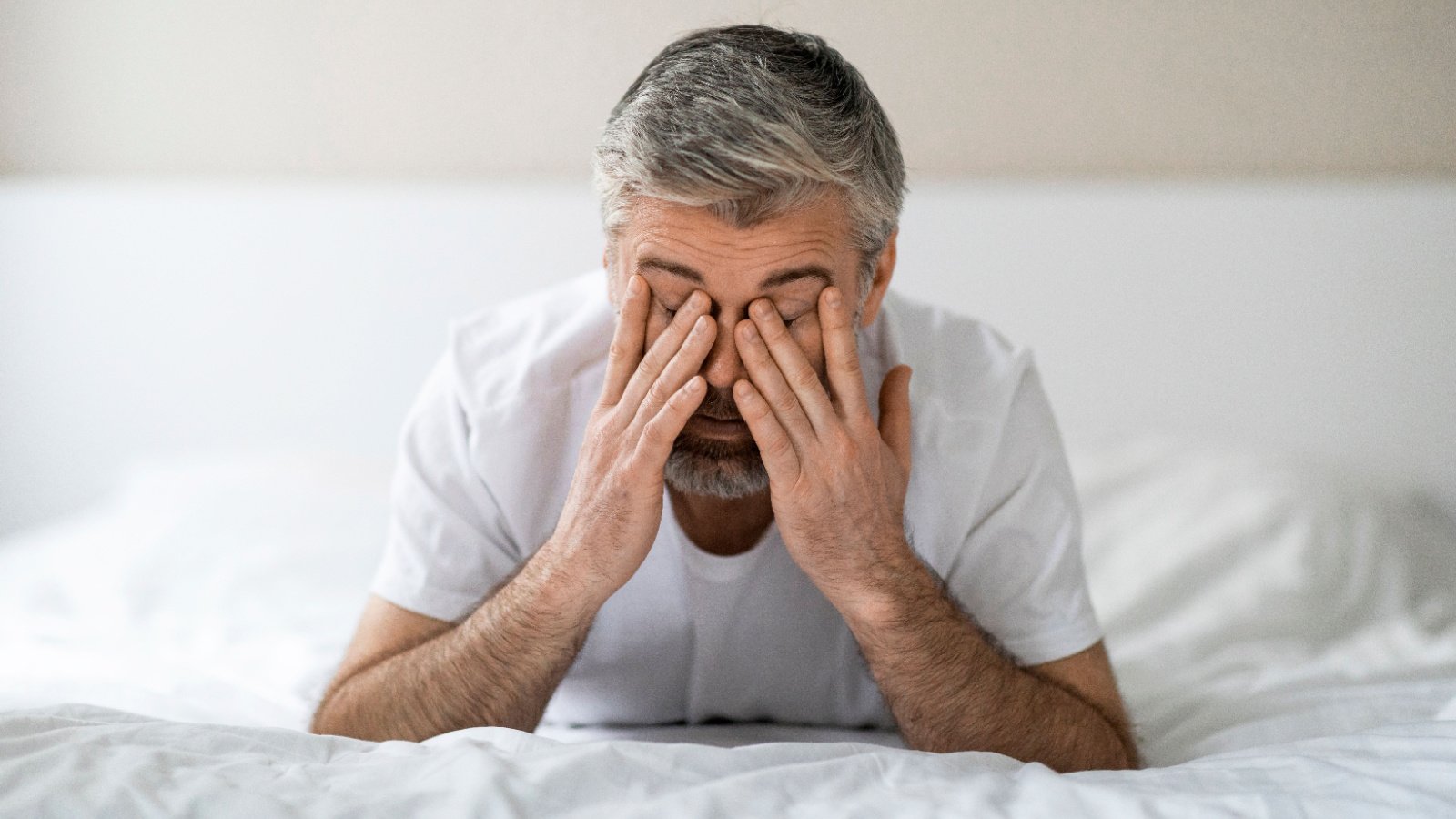
Improving sleep is crucial for maintaining health in old age. Creating a sleep-conducive environment with the right mattress and minimal noise can enhance sleep quality. Regular sleep patterns are linked to better cognitive function and overall health.
Adaptive Technologies

Technology not only makes life easier, it can be tailored to individual needs. Devices that assist with hearing, seeing, and mobility can transform daily experiences. Training on how to use these technologies can make a substantial difference in the quality of life.
Pet Companionship
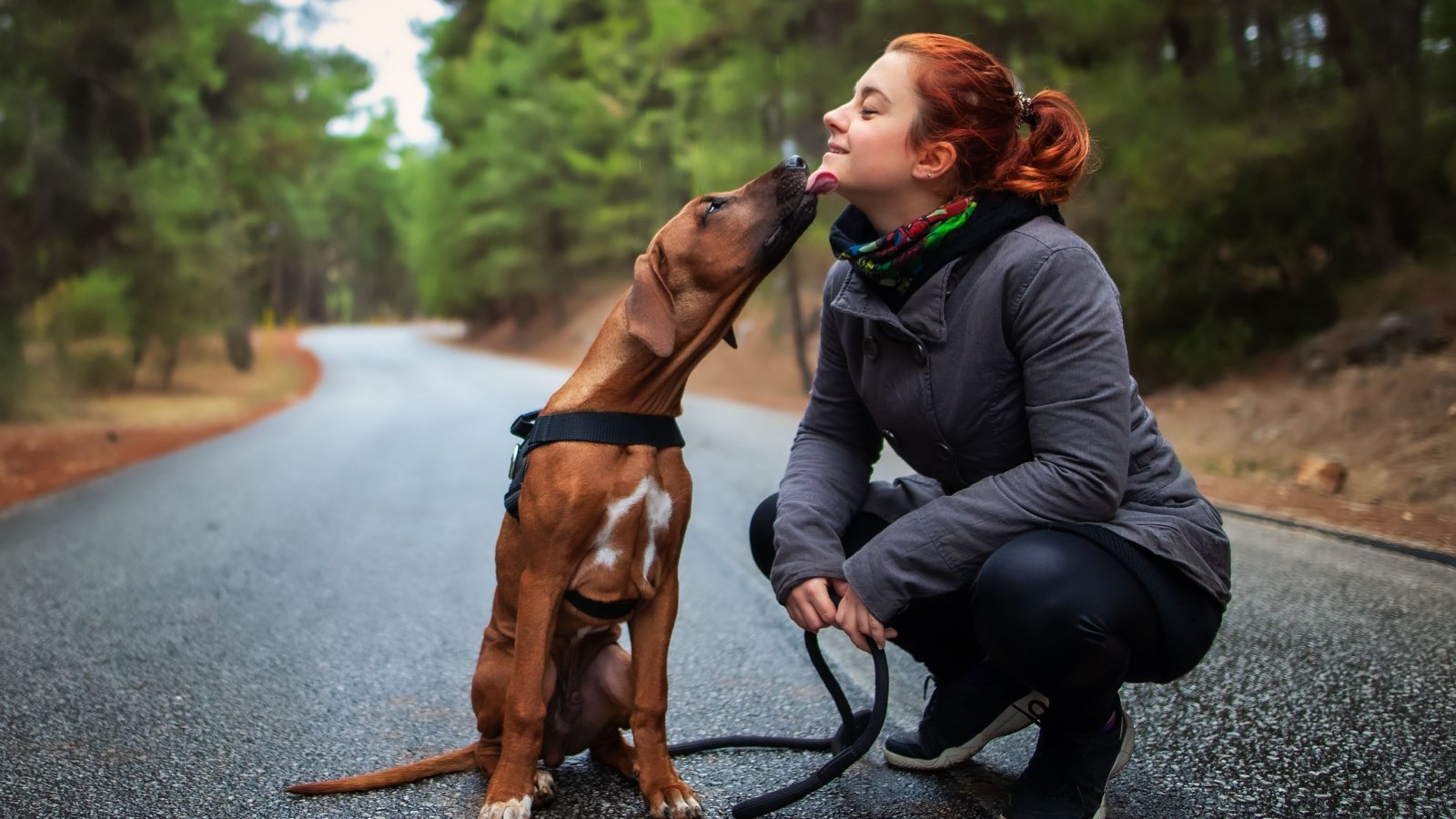
The benefits of pet ownership for seniors are profound. Pets can provide companionship, reduce stress, and encourage physical activity. Ensuring access to pet-friendly housing and affordable pet care is essential.
Continuing Education
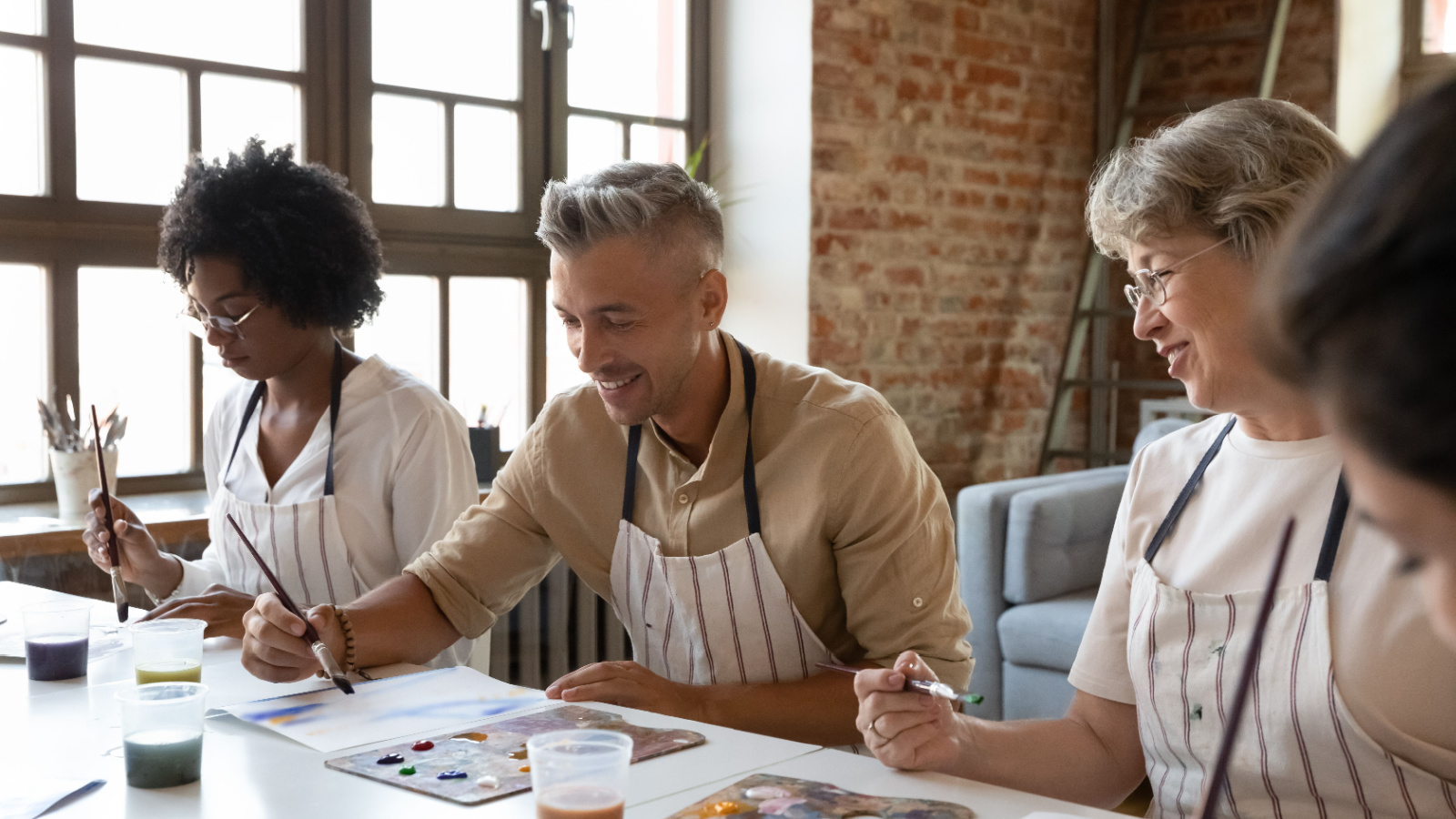
Learning doesn’t stop at any age. Programs offering classes on technology, arts, and health can keep the mind sharp. Engaging in educational activities can reduce the risk of cognitive decline and increase self-esteem.
Heat Safety
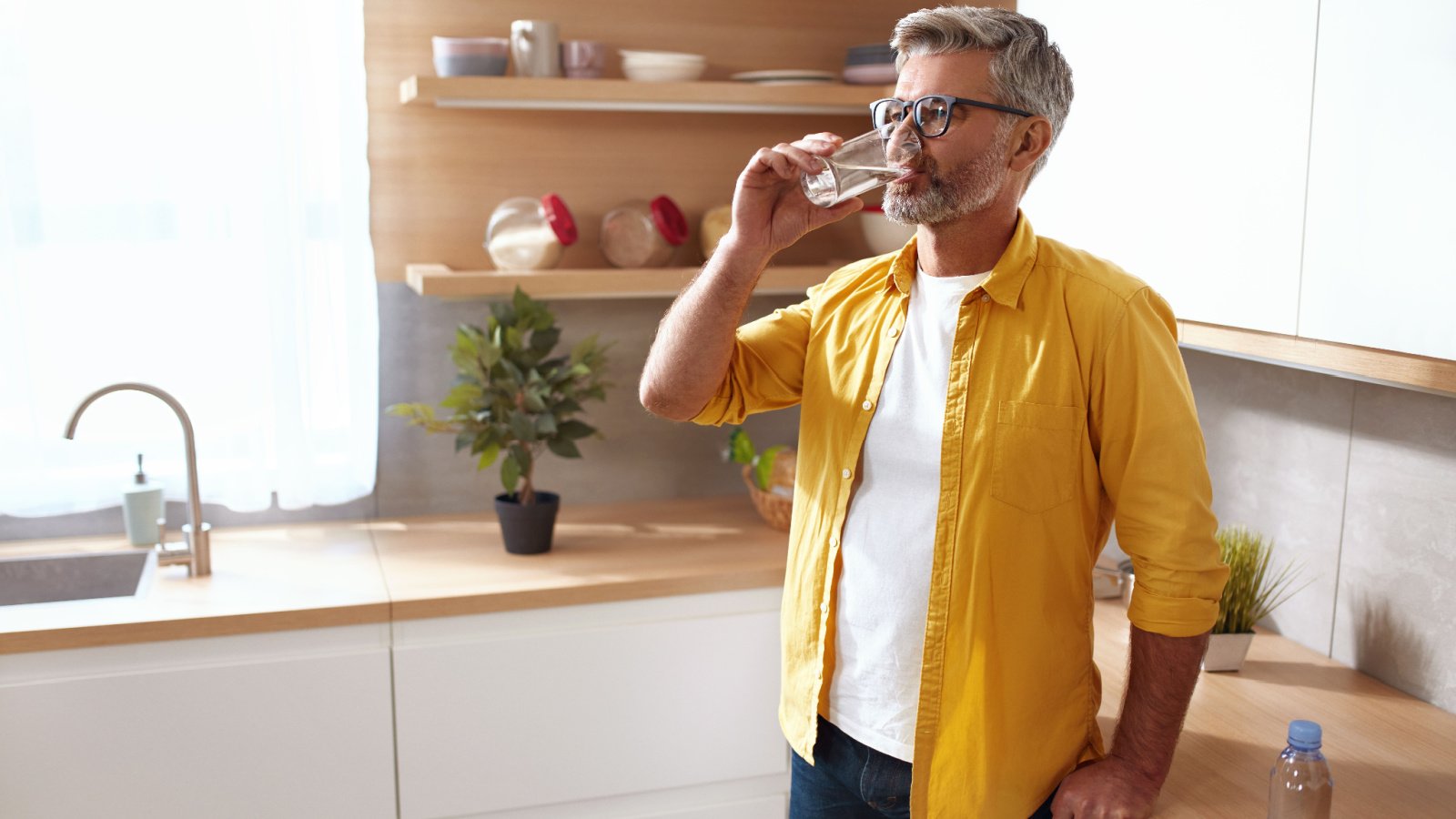
Providing education on heat safety and ensuring accessible cooling centers during heatwaves can prevent heat-related illnesses. Staying hydrated and cool is particularly important for seniors during summer months.
Enhanced Lighting

Good lighting is crucial to reduce accidents in the home of an elderly person. Brighter bulbs and automatic sensors can illuminate spaces as needed to prevent falls. Proper lighting can significantly reduce the risk of injury.
Volunteering Opportunities
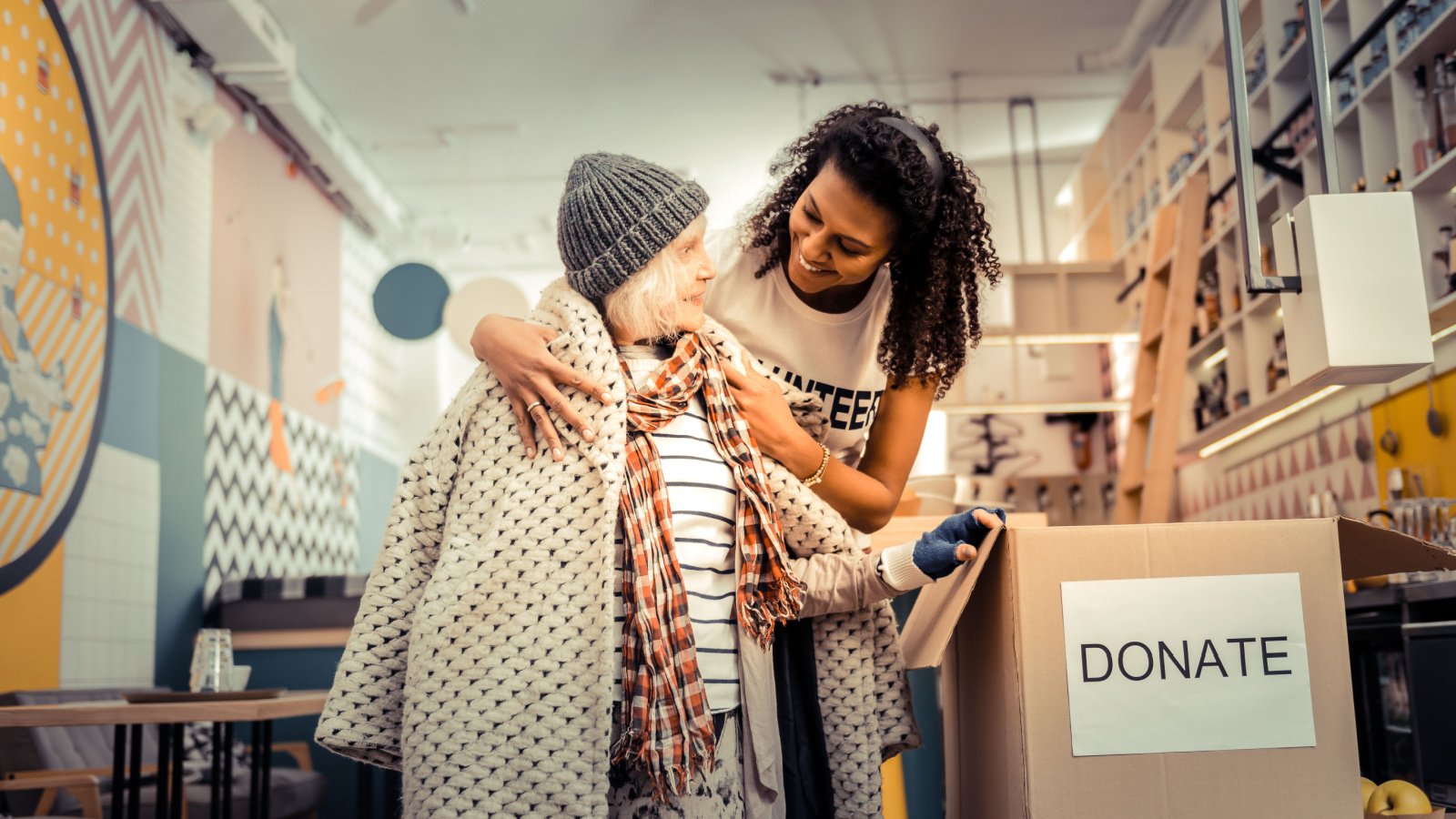
Giving back to the community can provide a sense of purpose for many seniors. Establishing programs that leverage the skills and experiences of the elderly can benefit both them and their community. Volunteering is linked to increased levels of happiness and life satisfaction.
Regular Tests

Sensory impairments can isolate seniors and make daily tasks challenging. Regular check-ups can ensure that glasses and hearing aids are properly adjusted to their needs. Early detection and correction of vision and hearing issues can immensely improve their quality of life.
Holistic Health
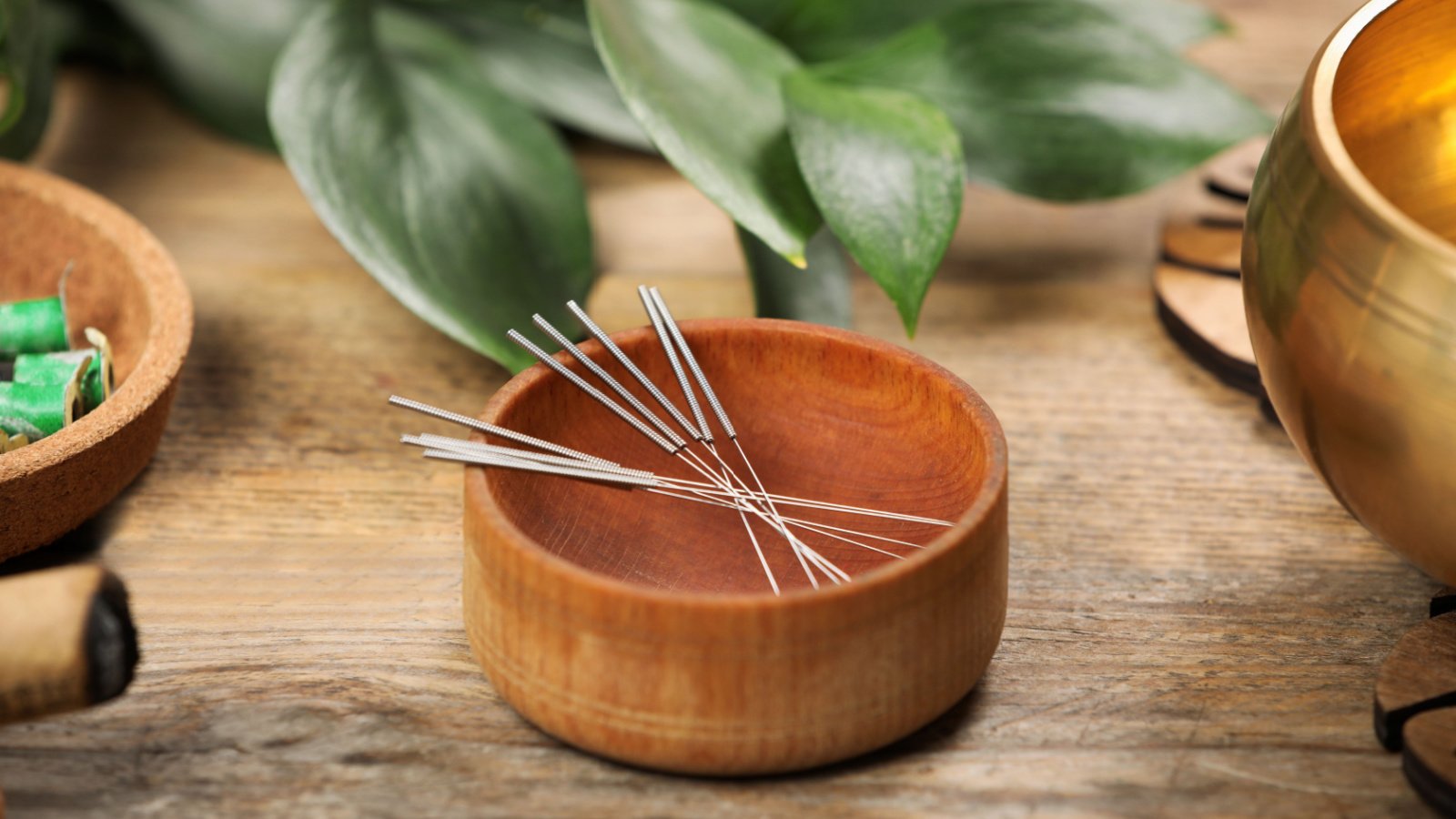
Incorporating holistic practices like yoga, meditation, and acupuncture can aid physical and mental well-being. These practices help manage pain, reduce stress, and improve sleep. Holistic health care is gaining popularity for its broad benefits without relying heavily on medications.
Emergency Response

Having a system in place for emergencies can be a lifesaver. Wearable devices that alert medical services with the push of a button provide peace of mind. These systems ensure that help is readily available in case of a fall or medical emergency.





